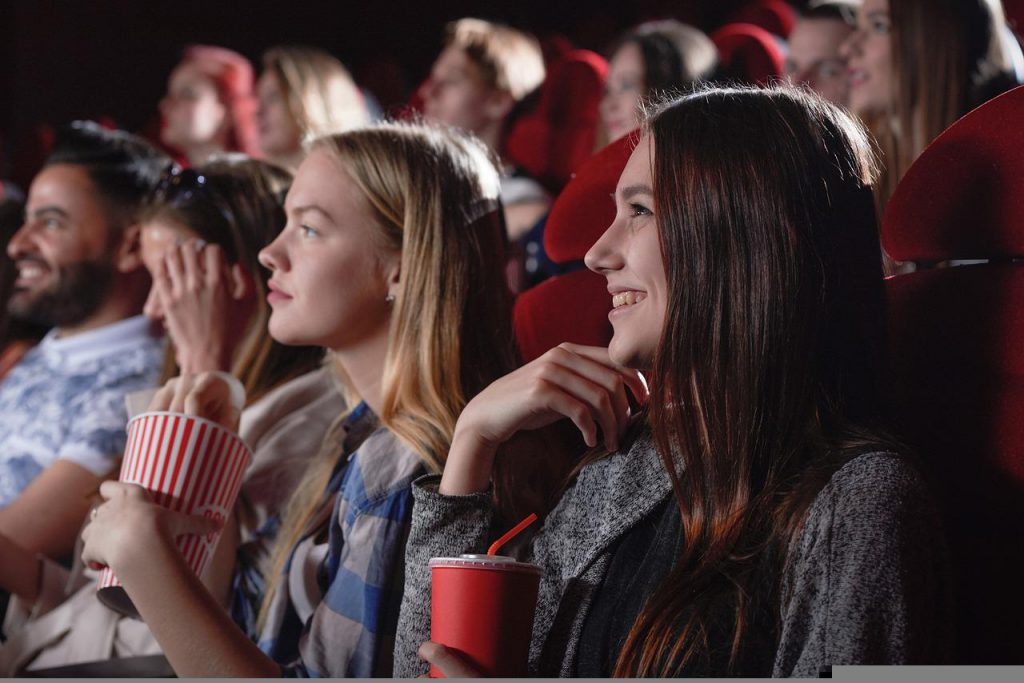Why Movie Trailers Deserve More Credit Than They Get
Today, trailers are a crucial part of the movie-going experience that capture the essence of their respective films, providing audiences with a glimpse of what's to come while building anticipation.
This article is more than 2 years old

If you’re a movie buff, you know the rush of excitement that comes with watching a well-crafted movie trailer. Movie trailers aren’t just a marketing tool; they play a crucial role in the success of a film.
While most people treat them as an afterthought, there’s always that one friend. You know the one. They arrive at the cinema early not because they’re afraid of missing the start of the main feature, but because they want to soak up every minute of the previews. They truly believe that movie trailers deserve more credit than they get. And they’re right.
The Power of Trailers
Movie trailers have been around since the early days of cinema. They were initially used as a tool to advertise upcoming films. Still, over time, they evolved into something much more significant. Today, trailers are a crucial part of the movie-going experience.
According to an article on NPR, effective movie trailers capture the essence of their respective films, providing audiences with a glimpse of what’s to come while building anticipation. For example, the trailer for The Social Network uses a haunting cover of Radiohead’s Creep to show how scary social media can be, which makes people want to see more. A well-crafted movie trailer is also like a music video, such as The Big Short, Dr. Strangelove, or Pineapple Express, that can transport viewers back into the world of the movie in just a few minutes.
The Art of Trailer Making
Creating a booming movie trailer is no easy feat. Trailer editors must distill a feature-length film into a two-to-three-minute teaser that entices viewers without giving too much away. They do this in several ways, such as with music, pacing, and visual and verbal cues.
One of the most crucial elements of a good trailer is the music. The right score can create a sense of tension, excitement, or emotion that draws the viewer in. Pacing is also critical. Trailers need to move quickly enough to keep the viewer engaged but not so fast that they can’t follow the story.
Another vital element of trailer-making is the use of visual and verbal cues. This can include snippets of dialogue or carefully chosen shots that hint at what’s to come. By carefully selecting these moments, trailer editors can create a compelling story that excites people about the movie.
Trailers as a Creative Art Form
Movie trailers have become a creative art form in their own right, engaging audiences with clever editing, memorable music, and tantalizing glimpses of the story. From the 1979 film Alien’s speechless, but spine-chilling suspense to Inception and The Dark Knight’s action-packed scenes, well-made trailers can make you feel something in your gut.
This is true not just for feature films but also for video games, TV shows, and documentaries. In a world where attention spans are short and competition is fierce, trailers are a crucial tool for filmmakers to grab people’s attention and generate excitement. They are a powerful medium for storytelling and play a vital role in the entertainment industry.
Criticisms of Trailers
Despite their importance, movie trailers are not without their critics. Some argue that trailers give away too much of the plot, spoiling the movie-going experience. Others criticize trailers for being misleading or overly hyped, setting unrealistic expectations for the film.
There is also some debate over the impact of trailers on box office performance. Some studies suggest that trailers can significantly influence a film’s opening weekend performance. However, others argue that trailers are less important than other factors, such as critical reviews or word-of-mouth recommendations.




